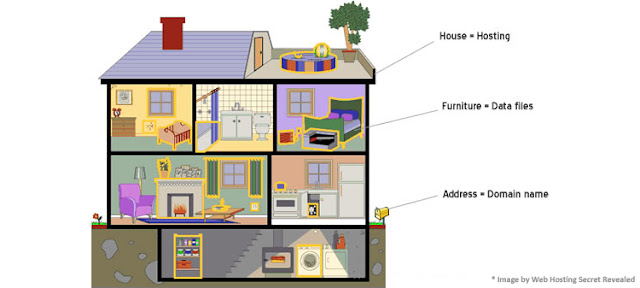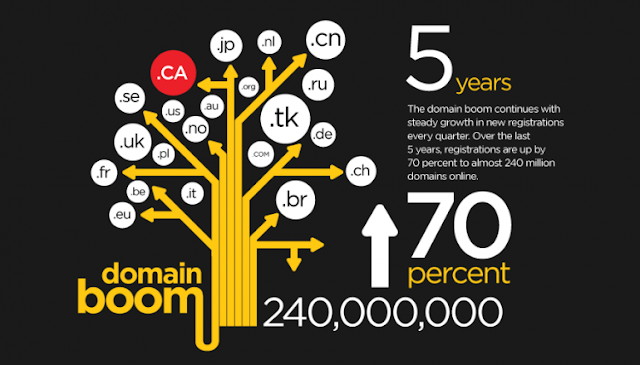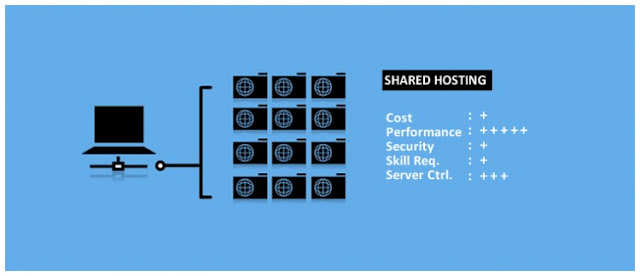Chapter 5: The Domain Name Registration Process

Chapter 5: The Domain Name Registration Process Registering A Domain Name – How It Works? Registering a domain name is essentially like owning a small slice of internet real estate and, just like in the real estate market, consumers will be expected to cough up a good deal of information about themselves and pay for the privilege of claiming their corner of the internet’s public space. Domain registration guidelines are not set on a pre-registrar basis, but are instead determined by the Internet Corporation for Assigned Names and Numbers, or ICANN. This governing body is essentially a global regulator of best practices for registrars, web hosts, and the clients who interact with them. According to the body’s standards, all customers registering a domain name must be prepared to furnish contact information for themselves, their organization, their business, and even their employer in some cases. For those customers who are seeking to register a country-specific domain name opt


